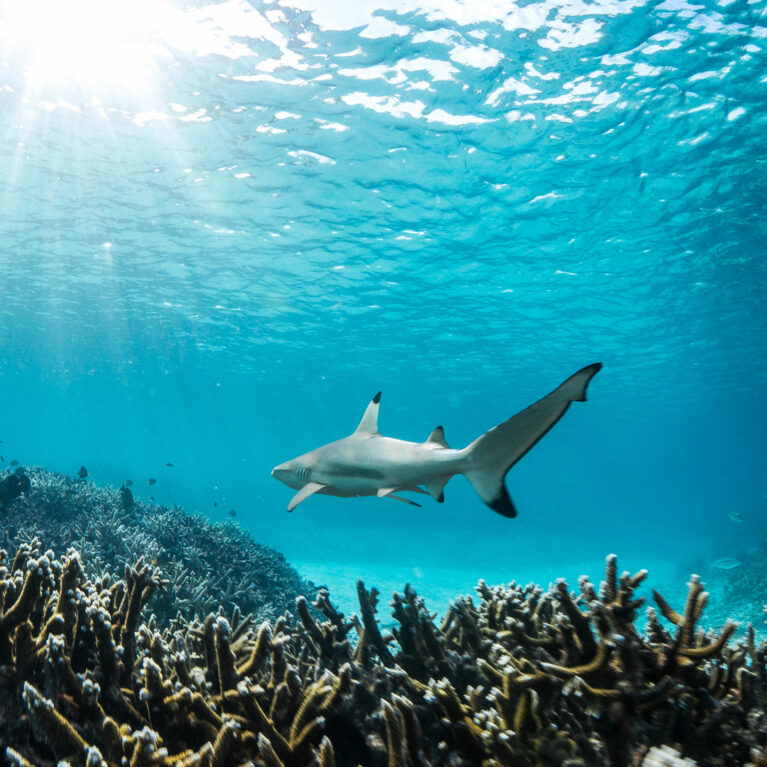Ocean acidification: our changing seas
Our planet is warming and the chemistry of ocean waters is changing. Jason wants to know what this means. He is studying underwater volcanoes to see how increased levels of carbon dioxide affect marine ecosystems.
As a professor of marine biology, I have always been fascinated by ocean life – and there is still so much to discover. Growing up by the sea meant that I spent much of my childhood in rock pools or out on boats. Some years later, a highlight of my career, and of my life, was diving in a two-man submarine in the Arctic. At depths of perpetual darkness we found a giant coral reef teeming with large fish and a riot of colourful animals – nobody even knew that coral reefs could occur in the Arctic! Also, I have...

Assessing the ecosystem effects of ocean acidification
Studying sites with naturally high levels of carbon dioxide (CO2), such as those near underwater volcanic vents off Italy, will enable us to form a better understanding of the consequences of allowing the oceans to become increasingly acidic.
Our seas currently absorb more than 25 million tonnes of CO2 every day. This has caused surface waters to become 30% more acidic since widespread burning of fossil fuels began. We need to understand the effect this will have on marine communities.
Our seas currently absorb more than 25 million tonnes of CO2 every day. This has caused ocean surface waters to become 30% more acidic since widespread burning of fossil fuels began. As well as lowering pH, increased CO2 levels alter the ocean’s chemistry. Falling levels of carbonate are a major conservation concern since these are the building blocks for shells of marine organisms from tiny coccolithophores to giant coral reefs. Current research into ocean acidification is mainly being carried out using short-term-shock experiments whereby CO2 levels are manipulated in aquaria and enclosures over short time scales.
This project seeks to facilitate fieldwork and to publicise a new approach to determine the ecosystem-wide responses to long-term changes in ocean pH. The effects will be studied in marine communities around underwater volcanic vents in the Mediterranean, which release millions of litres of CO2 per day causing seawater acidification. Impacts on marine life include a 30% reduction in biodiversity in areas where average pH has dropped by 0.4 units compared to areas at normal seawater pH (8.2). Natural CO2 vents will be used to test modelling and laboratory predictions, and bring much needed high-profile publicity to the problem of ocean acidification.
The broad aim of this project is to provide a wake up-call to raise public awareness about the problems associated with ocean acidification and to get people to think about the consequences of unabated CO2 emissions. The results that this project generate will be used as a platform for educating children and adults alike, they will be publicised using interactive public lectures, on websites and through the media.
The objectives of this project to:
- Create as much publicity as possible for preliminary findings from CO2 vent areas showing the dramatic ecosystem tipping points that occur when the pH of seawater is lowered to the levels expected by the year 2100 if current emissions continue unabated.
- Obtain better video images of the CO2 vent sites, visit more such sites and engage with the specialist scientific community at conferences to sell the idea that this project shows the way for a larger, fully resourced international programme designed to harness naturally acidified areas to refine our understanding of the conservation consequences of ocean acidification under the various emissions scenarios predicted by the Intergovernmental Panel on Climate Change.

